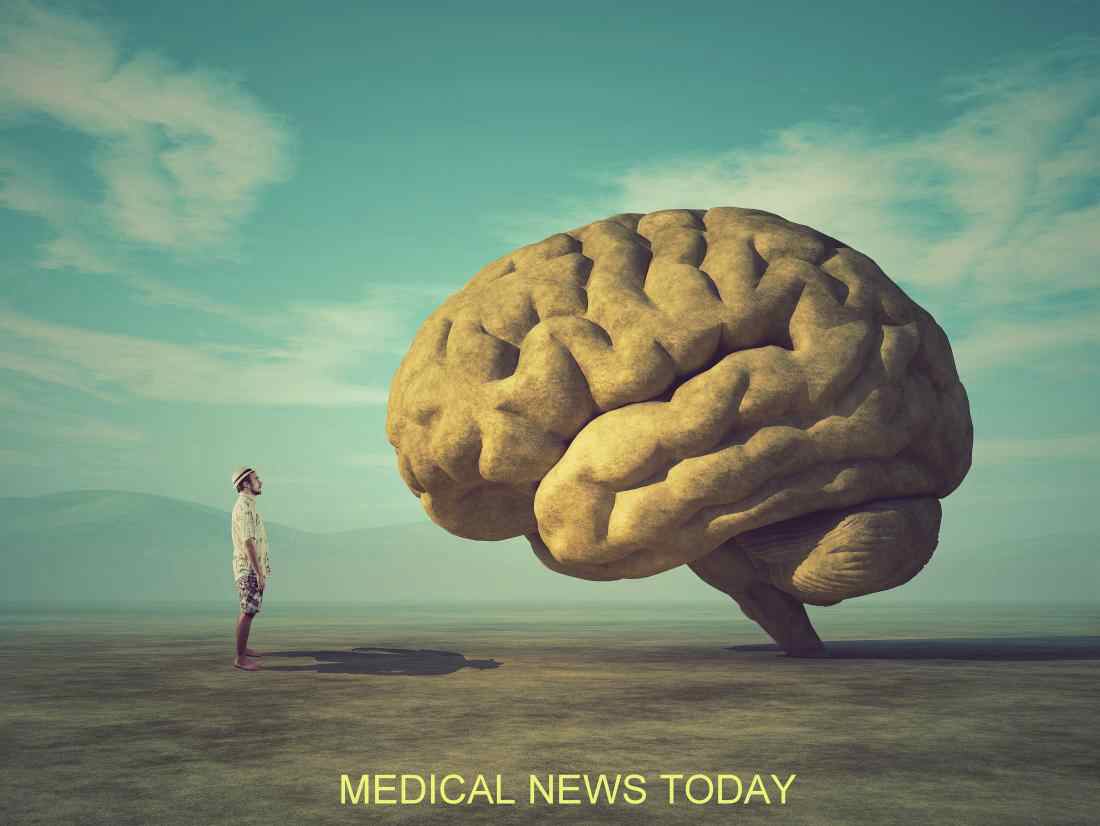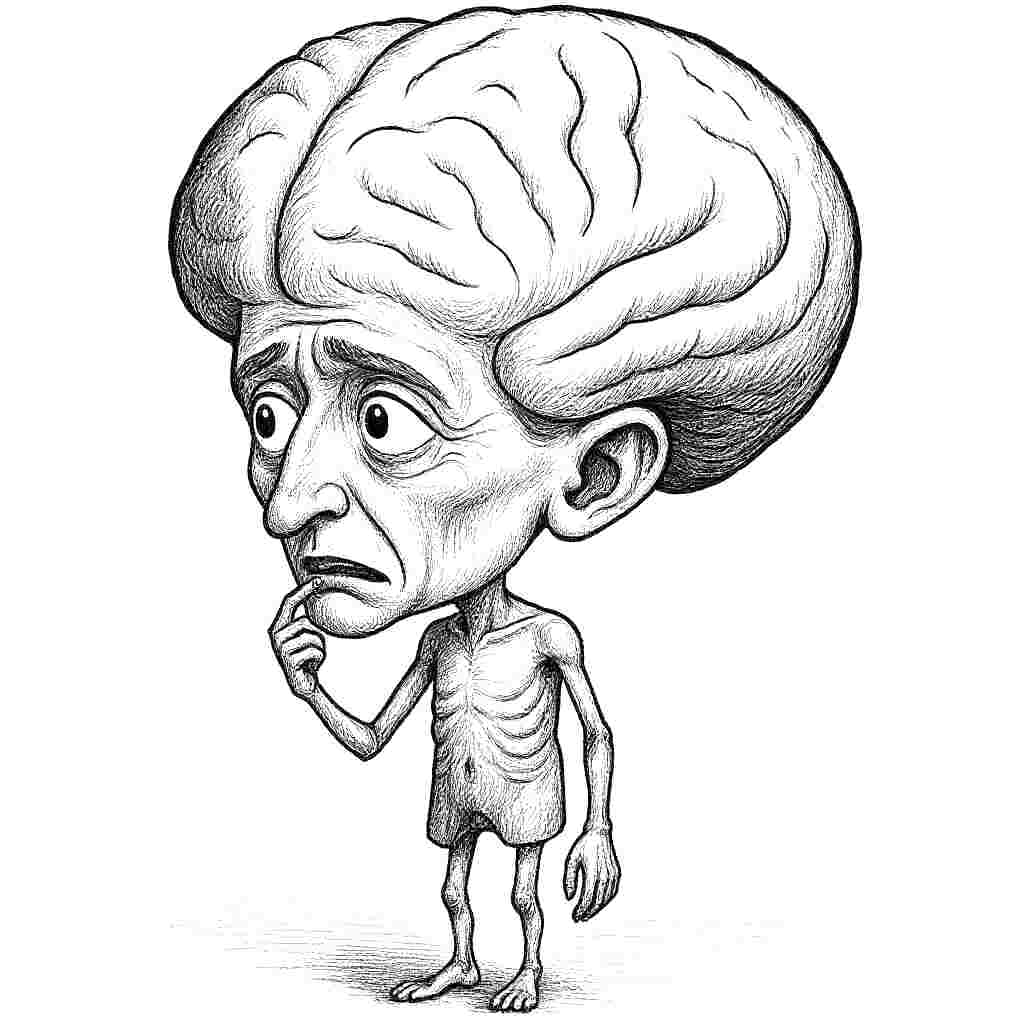As
we look to the future, where A.I. will be playing a
significantly greater role in human and extra-human
affairs, we ask what is in store for the body, recalling
that its present shape and attributes are the result
of hundreds of thousands of years of evolution and adapted
to survive and thrive in the pre-scientific world, or
what Richard Dawkins, in The God Delusion,
refers to as the Middle World. The modern world as we
know it, with its increasingly sophisticated mediums
of production and communication, is a by-product of
the cerebration, of human intelligence. Dawkins argues
that the brain is the only part of the human body that
is in sync with the new world order, whose contours
and energies were kick-started around 1750 by the Industrial
Revolution. A lot if not too much has  happened
since those heady days, with change and flux establishing
themselves as universal constants. And while our life-styles
and personal preferences are keeping pace with the rapidity
of change, the body, whose biological clock is subject
to evolutionary time, finds itself trying to negotiate
a world that it doesn't recognize. Which begs the question:
if the body were in sync with the new world order, what
would it look like? Would we even recognize it?
happened
since those heady days, with change and flux establishing
themselves as universal constants. And while our life-styles
and personal preferences are keeping pace with the rapidity
of change, the body, whose biological clock is subject
to evolutionary time, finds itself trying to negotiate
a world that it doesn't recognize. Which begs the question:
if the body were in sync with the new world order, what
would it look like? Would we even recognize it?
Four
hundred years is a mere blip in evolutionary time and
both the body and human nature have not had sufficient
time to adjust to modernity. The body, in particular,
with each passing quarter century, is becoming more
and more antiquated, if not impedimental. Even the brain,
its hitherto unquestioned supremacy as the undisputed
caretaker and power broker of our brave new world order,
is being threatened by digital computation, by the faster
and more efficient A.I. computer chip. There may come
a day when the computer chip will be interfaced with
the brain and every chipped person (the new elite) will
have instantly at hand the sum total of all human knowledge,
an advent that would render obsolete, for example, TV
quiz shows such as Jeopardy since all the contestants
would be equally omniscient.
In
The Phenomenon of Man, Pierre Teilhard de Chardin
proposes that "the birth of thought comes directly
after and is the only thing comparable in order of importance
to the advent of life itself . . . the most astounding
of the revolutions undergone by the earth would be that
which took place at the beginning of what has rightly
been called the psychozoic era . . .. a new layer, the
thinking layer, which since its germination at the end
of the Tertiary period, has spread over and above the
world" a phenomenon which he refers to as "the
phosphoresence of thought."
Seen
from afar, the world is presently covered with billions
of interfecundating centres of intelligence that represent
a radically new evolutionary development. In a mere
blink of an eye, man’s mind has journeyed back from
present time to the origins of the universe 15 billion
years ago. But morphologically man hasn't changed; he
still inhabits the same body that snuggled up to the
fire at night that kept him warm and the wild animals
at bay. What has radically changed is the power dynamic.
Today, the brain, and not brawn, determines the course
of evolution: The smartest are the fittest; the mechanical,
and not muscle, is the kingmaker, the fixer.
In
light of unprecedented advances in science and technology,
there is now a sufficient body of empirical data that
suggest the human body is getting in the way of human
evolution, that it has become a hindrance, especially
as it concerns, for example, the exploration of deep
space? Would the brain, decoupled from the body, be
better suited to meet the challenges of the future in
respect to the advances in medicine and technology we
have all come to depend on? Perhaps one day we will
be able to engineer a human body with a metabolism such
that, like certain reptiles, it would only have to feed
itself once a month, which would render the species,
its cerebrational capacities, better adapted to negotiate
our constantly evolving new world order,
With
each succeeding generation, fewer people have to engage
in physical labour to earn a living. No surprise that
since 1990 world obesity
rates have tripled; and in 2022 16% of
all earthlings were classified as obese,
which speaks forcefully and decisively to the diminished
role of the body in the human enterprise. Between the
tiller and the A.I. enhanced tractor lies the tell.
Marshall
McLuhan was the first to propose that technological
extensions of body parts leave them vulnerable to atrophy.
To survive in a frigid climate, our bodies were once
protected by hair. With the discovery of fire, and then
the use of animal skins for clothing, and then insulated
shelters and modern heating, hair becomes superfluous
with the result that we are less hirsute than early
man. No surprise that culturally (socially) body hair
is becoming stigmatized as undesirable: more and more
men are choosing to be skin headed and as a grooming
gesture, chest and leg hair have fallen out of favour;
women routinely shave their legs and underarms and more
and more men and women remove
their pubic hair -- hair being regarded
as throwback to a more primitive era.
We
are becoming increasingly more myopic and reliant on
vision prostheses, as near vision (for computer screens
and smart phones etc) is more essential in today's world
than the long distance vision required for hunting,
or reading the sky for meteorological signs. With the
purchase of readymade homes, our bodies are relieved
of the sinew and muscle required in their construction
while the body turns buttery from chronic disuse. There
is a case to be made that the species has never been
so historically out of shape, which speaks to the increasing
non-utility of the body.
Thanks
to the Internet and A.I. it is now possible to shrink
one's entire world to the size of a small apartment
and never leave home. Online one can earn a living,
order and have delivered all the necessities of life,
pay the bills via Internet banking, form virtual communities
with like-minded others, engage in virtual sex, and
even procreate (by submitting semen via post to a sperm
bank), all developments that do not augur well for the
body.
Virtual
sex is changing the chemistry of human intimacy. Among
those under the age of 35, 60% have engaged in virtual
sex demonstrating once again that the most recent path
of least resistance is more travelled than all previous
paths.
In Jerzy Kosinski's novel Passion Play, a woman,
or at least the entirely limbless head of a woman, is
attending a party. Not only is she's not treated like
a freak but nobody seems to notice that she is "differently
constituted." Written in the 1980s, at the dawn
of the computer age, Kosinski already anticipated what
the future holds in store for the body: that it is becoming
peripheral to what is essential in the ongoing human
drama.
The
greatest threat to the body is the science of robotics.
Instead of boots on the ground we now wage wars with
drones in the sky and use the Internet to jam communications,
to spread misinformation and to manufacture consent
through propaganda. All major centres of production,
whether in agriculture or home construction or automobile
manufacture, are becoming more reliant on robotics.
There may soon come a day when the physically fit individual
will be regarded as a freak upon whom we depend to perform
only those exceptional tasks that require unique physical
dexterity for their execution.
 Although
we will continue to have need of arms and legs for basic
mobility and the manipulation of essential objects,
the writing is on the wailing wall. The human body is
slowly but surely succumbing to desuetude, which makes
the next challenge a medical one: how to deal with the
general physical decline of the species, assuming that
it is not in the interest of the species to leave that
task to the snail pace of evolution.
Although
we will continue to have need of arms and legs for basic
mobility and the manipulation of essential objects,
the writing is on the wailing wall. The human body is
slowly but surely succumbing to desuetude, which makes
the next challenge a medical one: how to deal with the
general physical decline of the species, assuming that
it is not in the interest of the species to leave that
task to the snail pace of evolution.
If all this sounds like the stuff of science fiction,
it's happening on our watch. Which makes it essential
that we finally become attuned in order to read and
interpret the signs and prepare for the sweeping changes
that lie ahead for the species as it, with each passing
decade, gains ground on the future, crushing its intervals
into smaller and smaller units of succession such that
our bodies are becoming less fit to deal with each new
reconfiguration of our world as it turns.
In situating these these quite remarkable developments
in the great chain of cause of effect, we ourselves
have made human intelligence the prime mover, memes
over genes, where we may soon be left with no choice
but to tweak the latter.
In
God we trust; but by mind we abide.